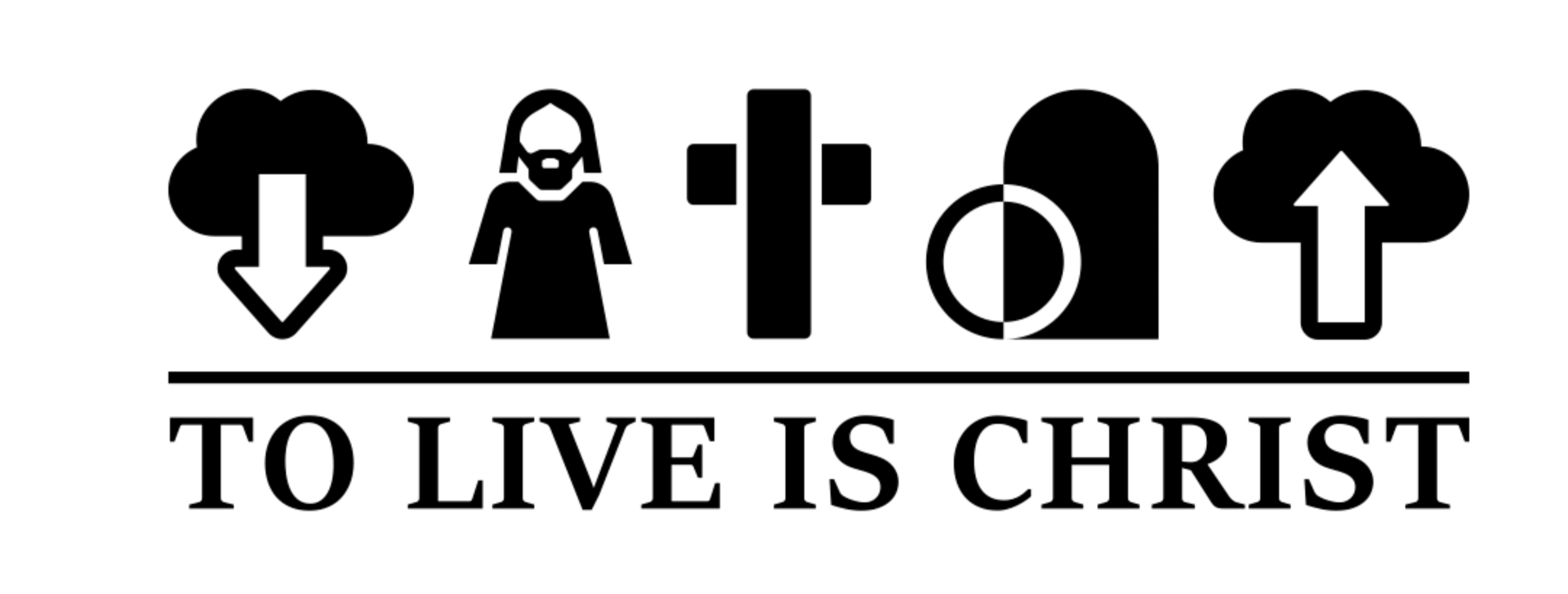Proverbs 2:20. So you will walk in the way of the good and keep to the paths of the righteous.
In the Old Testament righteousness is an extremely important concept. Above all else, God wants his chosen people to be righteous.
Often we reduce our relationship with God down to simply staying out of trouble, sin avoidance. But God wants much more for us than to just not do bad; he wants us to do good. He wants us to keep to the paths of the righteous.
Simply put: You can’t do nothing and be righteous.
In the Old Testament, righteousness is almost always connected to action. If Job was a righteous man it was because he DID good things. To be righteous means that you are actively doing the will of God as it relates to others. Meeting needs. Caring for others. Upholding justice. Even when it hurts to do it. There is no fear of the Lord without righteousness. There is no wisdom without righteousness.
Do you walk on the paths of righteousness?
Are you righteous?
Under the Old Covenant righteous was a label that was earned. Righteous deeds made for a righteous person. The problem is that, according to the Apostle Paul (and the Holy Spirit), “there is none righteous, no not one.” You and I have not kept to righteous paths, nor will we ever in our own strength.
The good news is that under the New Covenant righteousness is imputed to us by our union with Christ. Jesus earned his righteous label by always doing righteousness. He alone always walked in the way of the good and kept to the path of the righteous. Even when that path led to the cross. This is why we must let Jesus be our righteous substitute before God today and every day. Only by adopting this mindset of dependency on his goodness can we ever hope to be the instruments of HIS righteous that God has saved us to be.
You: Do you practice righteousness in your relationships? Where have you seen yourself succeed in this? Fail in this?
You in Christ: Why do we need to embrace our unearned positional righteousness in Christ before we can walk in the path of righteousness?
Christ in you: What specific act of righteousness might Jesus want to do through you today?
Pray: Jesus, you are my righteousness! May I stay on your path today and every day. Amen.


It is incredible to read a post that has clearly appreciated the value (application) and differences between In-Christ and Christ in me!
These two states of being, internal (In-Christ) identity of positional righteousness by faith as a gift of God enshrined in Eph2:8-9, and the external life of righteous works that ensures this positional righteousness is not dead (dead faith was a concern and warning found in Jam1-2).
I appreciate in-Christ as the born-again spirit gift of spiritual salvation. Feeding on Yah’s milk truths of Heb 6:1- 2 lends to a strong foundation of In-Christ.
And I appreciate Christ-in us as the faithfulness test of Heb12’s chastisement to save the soul (soul salvation theme found in Mat16, Luke 12:19-21, 1Pet1:9, Jam1:20-21, Heb10:38-39).
Feeding on the meat truths that discern between good and evil lends to a strong foundation of bearing fruit for Yah’s Kingdom.
Wonderful post that supports a wholesome spiritual life
LikeLike
Your insights are profound and deeply resonate with my own journey with Yah.
You said -“There is no fear of the Lord without righteousness.”
I realize this truth because the impartial judge of 1Pet 1:17 will hold the believer accountable for the deeds done in their earthly body. This judge was described as a consuming fire in Heb 12.
While I believe the believer sealed by the Holy Spirit will escape the lake of fire but there are too many warnings concerning unfaithfulness in the NT to assume the impartial Judge will give believers a free pass regardless of their carnality.
Do you have a telegram group or other social media groups that share your insights? I would love to join.
LikeLiked by 1 person